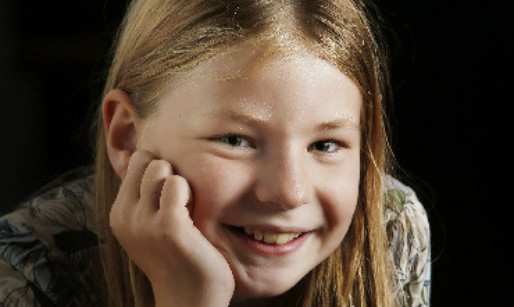A selection of Scottish websites feature on a list that could be used by historians of the future to find out how we lived in the early years of the 21st century.
A total of 100 sites, including the blog from Argyll schoolgirl Martha Payne documenting meals served in her school canteen, have been compiled by libraries across the UK.
The libraries are about to be given the power to archive the UK web domain for the first time.
From April 6, National Library of Scotland, British Library, National Library of Wales, Bodleian Library, Cambridge University Library and the library of Trinity College Dublin will collect and store websites in the same way printed material has been collected for centuries.
Experts from all the libraries were asked to chose the sites which they think will be essential reading for future generations researching life and culture in 2013. The UK list features names such as Amazon, eBay, TripAdvisor and Mumsnet.
The Scottish websites include Blipfoto, a community site that began in Edinburgh which sees each member publish one photo per day, and The Beano comic. A website telling the history of a bus shelter on Shetland also features.
Martyn Wade, Scotland’s National Librarian said: “The average life of a webpage is around six to 10 weeks. After that it, and the important information it can contain, can be lost forever. From this weekend we will be able to start harvesting the entire UK web domain, helping future generations to understand what we did and how we lived.”
The list of websites can be seen at bl.uk/100websites.
